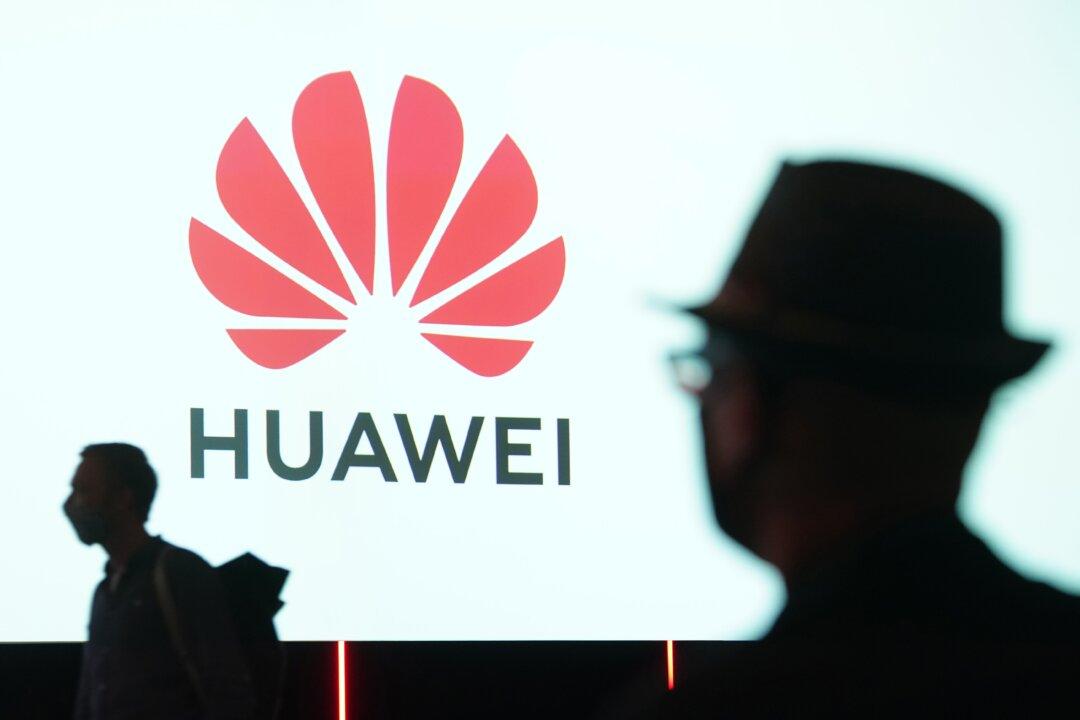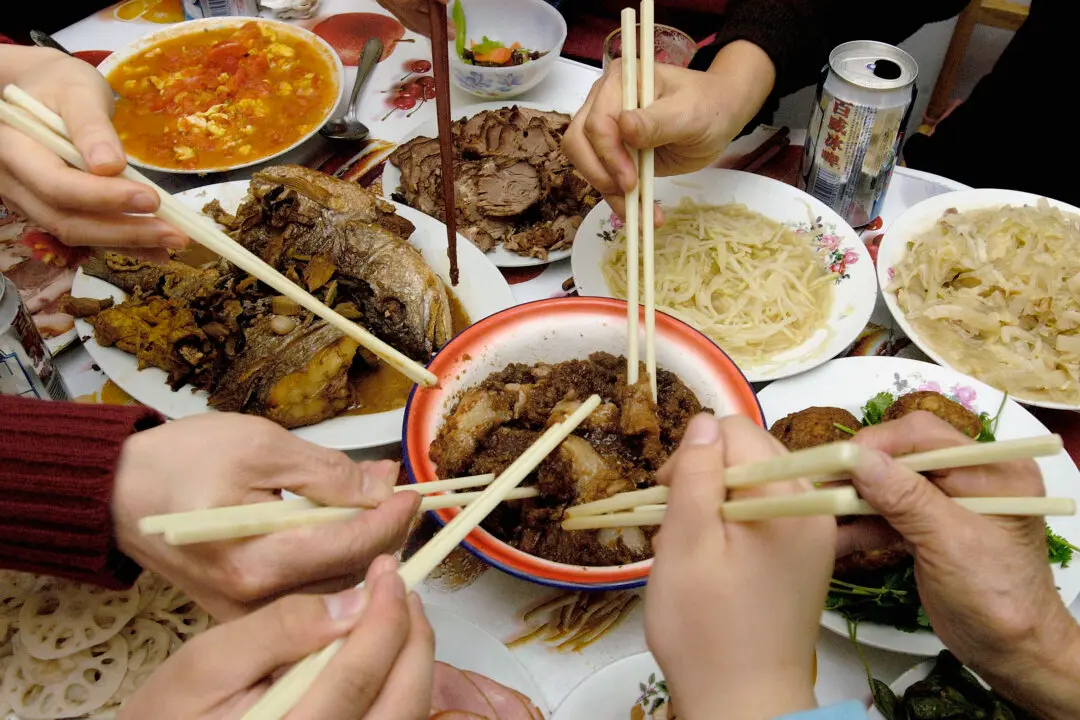BT has missed the end-of-year deadline for removing Huawei equipment from its network core, although the telecommunications provider said it has completed 99 percent of the transfer.
Under a government ban of Huawei equipment after the United States sanctioned the Chinese telecommunications giant, British operators were given various deadlines to remove Huawei gears from various parts of their networks, including removing Huawei equipment from the network core by Dec. 31, 2023, and from 5G networks by the end of 2027.





